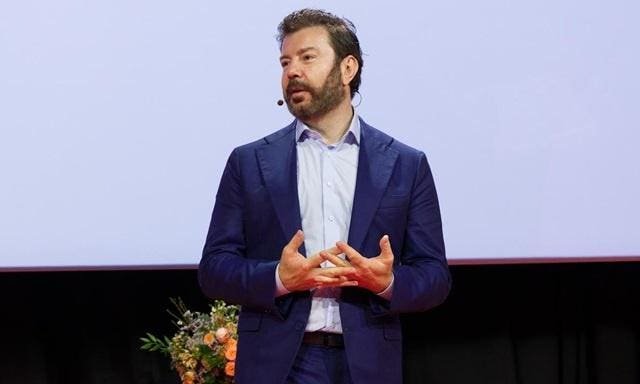Robots have come a long way from the early black and white movies to the present day where they are helping in various industries, including automotive engineering plants. The evolution of robots has now reached a point where they are taking on more complex tasks through the advancement of robotic process automation (RPA) software. This software allows systems to perform maintenance functions and productive business tasks autonomously, marking a significant shift in how robots are being utilized.
UiPath, a leading player in the field of RPA, is focusing on bridging the gap between the promise of artificial intelligence (AI) and its real-world application. There is a need to educate businesses about the benefits and implications of AI, as well as develop data architectures that support change management in order to fully leverage the potential of AI in the workplace. By creating a new operating model, enterprises can transform the way IT works with business functions to achieve greater efficiency and innovation.
CEO and founder of UiPath, Daniel Dines, believes that the future of AI and RPA lies in agentic technology, where AI systems can control and manage business processes. This shift towards a more automated and intelligent workforce raises questions about the division of tasks between human agents and AI. The goal is to offload work tasks to AI and RPA to enhance productivity and decision-making, while humans focus on creative and intuitive thinking to navigate complex and ambiguous situations.
The integration of AI and RPA into business processes is set to transform the work landscape, with the potential for AI to handle up to 80% of human tasks in the future. UiPath’s recent updates to its platform, including features that use generative AI and natural language processing to create workflows and automations, reflect the company’s commitment to advancing agentic technology. By infusing AI into the automation process, businesses can streamline operations and improve overall efficiency.
UiPath’s partnership with Copilot for Microsoft 365 aims to further enhance automation capabilities by allowing users to automate business processes directly within Microsoft Teams. This integration provides access to a prebuilt automation library and specialized automations for specific tasks, enabling users to discover and run automations developed by their company. The collaboration between workers and AI-powered software agents is set to revolutionize the way businesses operate and enhance productivity across various industries.
As robotics and automation continue to evolve, the role of AI agents and RPA in the workforce is becoming increasingly prominent. The application of RPA and AI to automate job roles is seen as a smart move that can lead to promotion and career advancement. The changing dynamics in the workforce present new opportunities for businesses to improve efficiency, reduce manual work, and drive innovation. With the advancement of AI and RPA technology, the future of work is set to be more automated, efficient, and productive than ever before.

